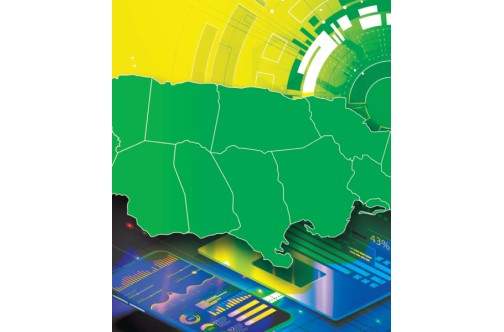Jamaica joined the United Nations family to ensure that no citizen is left behind in this digital world. Those goals in the Government’s Vision 2030 set out a broad and ambitious set of mandates aimed at making this country “the place to live, work, raise families and do business”.
The extraordinary effort to make us all digital citizens brings to mind the thrust in the 1970s when the Government sought to raise the level of literacy among adults.
Back then it was UNESCO which reported that Jamaica needed to lift the quality of its citizens’ lives by improving their ability to read and write. Most worrying, the report then showed that 40-50 per cent of Jamaicans 15 years and over were unable to read.
The Jamaica Movement for the Advancement of Literacy (JAMAL) set out to address the gaps as soon as possible.
One of the key aims was to assist with the integration of suitable individuals into higher education programmes and institutions, as well as channel suitable individuals into programmes of vocational training in fields where aptitude was shown.
JAMAL’s success was emulated worldwide and soon led to an expanded national effort under the Jamaican Foundation for Lifelong Learning (JFLL) with a specific focus on life skills, training of literacy practitioners, high school equivalence, workplace education and computer education.
The JFLL made positive strides in pursuing its mandate of ‘Changing Lives Forever’, a thrust that is in line with the Vision 2030 goals as Jamaica works on creating digital citizens. We could never have been confident about moving to this new dimension without the tremendous work of both government institutions and a vanguard of volunteers drawn from the non-governmental network.
http://www.jamaicaobserver.com/digital-life/achieving-jamaica-s-digital-goals_199409




Leave A Comment